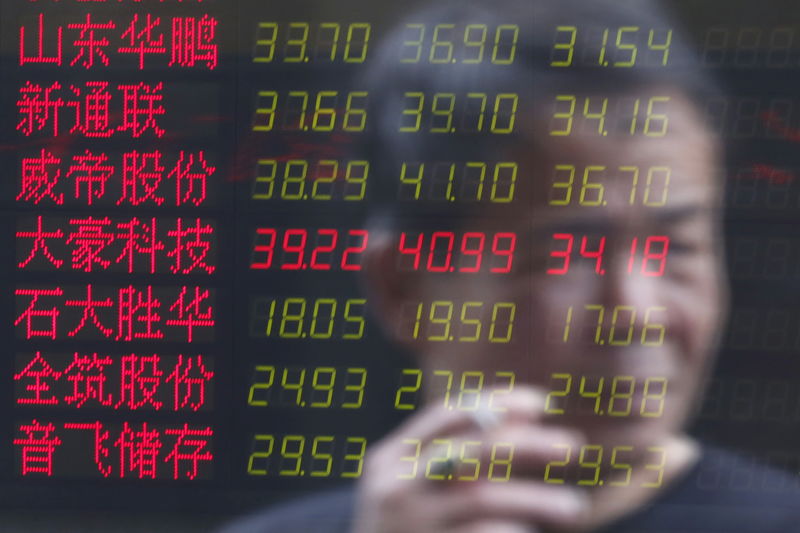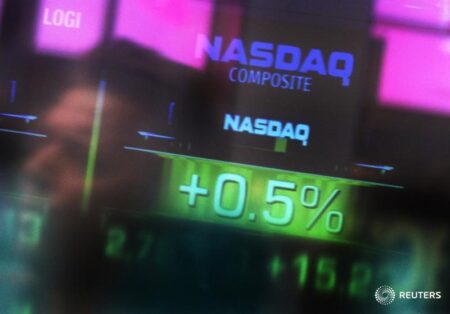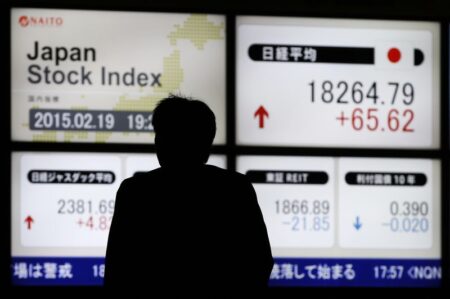Investing.com– Chinese stocks brushed off initial volatility and clocked strong gains on Monday, rising even as the government provided middling cues on fiscal stimulus and as inflation data underwhelmed.
But it remained to be seen whether the rally would be sustained, as overall sentiment towards the country remained mixed.
China’s and indexes rose 1.5% and 1.7% respectively, by the midday break. The two logged wild swings in the morning session.
Hong Kong’s index- which has more exposure to foreign investors- fell 0.3%, trimming a bulk of its initial losses after falling more than 2% earlier.
China’s finance ministry said in a weekend briefing that it will implement fiscal stimulus measures, including more debt issuance and support for provincial governments.
But the government did not provide key details on the planned measures- specifically their timing and scale. This left investors wanting, after a similar occurrence with monetary stimulus measures unveiled in late-September.
“The signalling remains positive and we expect more details to continue to roll out in the coming weeks and months,” ING analysts said in a note. They also noted that any fiscal measures from China were likely to require voted approval from the National People’s Congress, which is set to meet later in October.
Chinese stocks rallied to two-year highs in early October on optimism over more stimulus. But they fell sharply from these peaks as Beijing provided limited information on the planned measures.
Investors also doubted just how much headroom Beijing has to roll out more fiscal stimulus, given the country’s high debt levels.
MRB Partners said in a recent note that China’s recent stock rally was driven largely by local investors engaging in bargain hunting. They also remained wary of Chinese equities, and would upgrade their stance on the country only as corporate earnings began to reflect an improved outlook.
Weak economic data from China also continued to pile in, raising more questions over the economy and Beijing’s so far conservative approach towards stimulus.
Chinese consumer inflation grew less than expected in September, while producer inflation shrank for a 23rd consecutive month.
China is grappling with a prolonged deflationary trend, brought on by weak local spending and a sustained property market crash. Any fiscal measures from Beijing are likely to be directed at those two issues.
Read the full article here
















